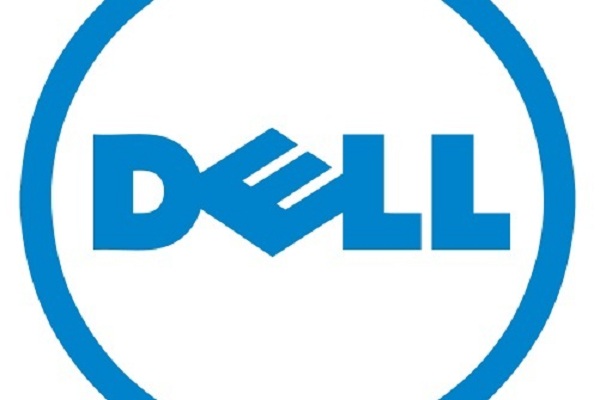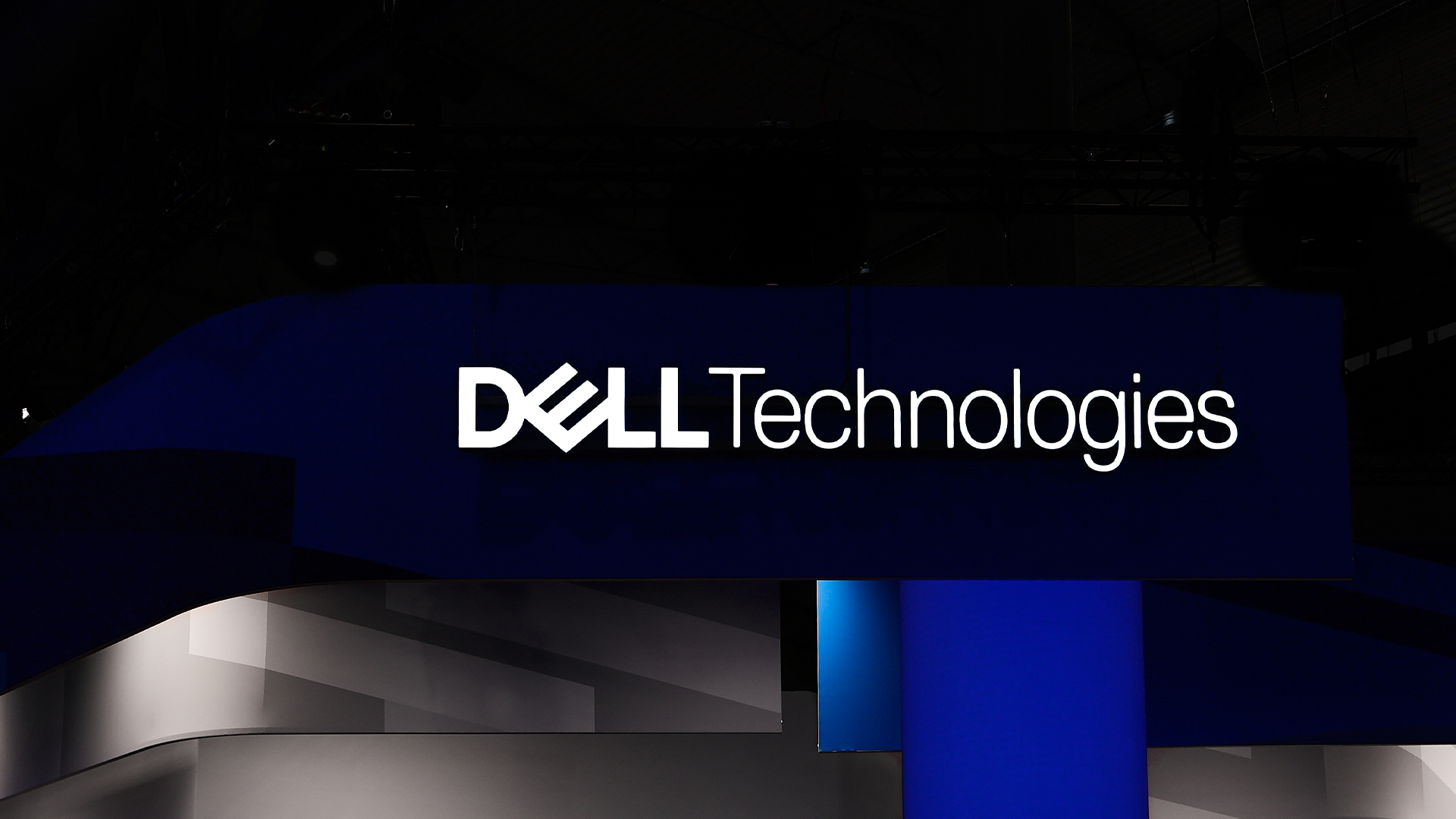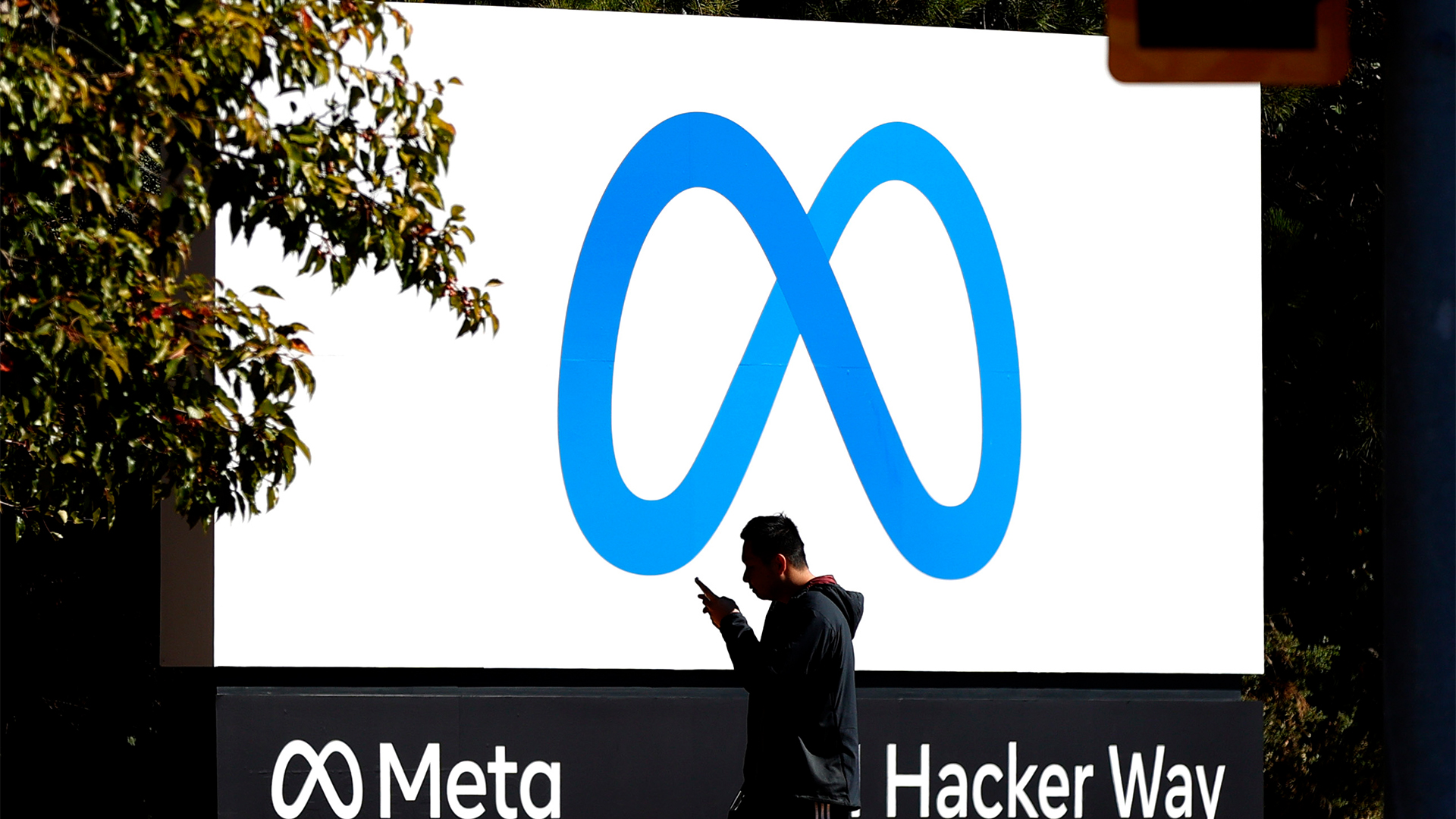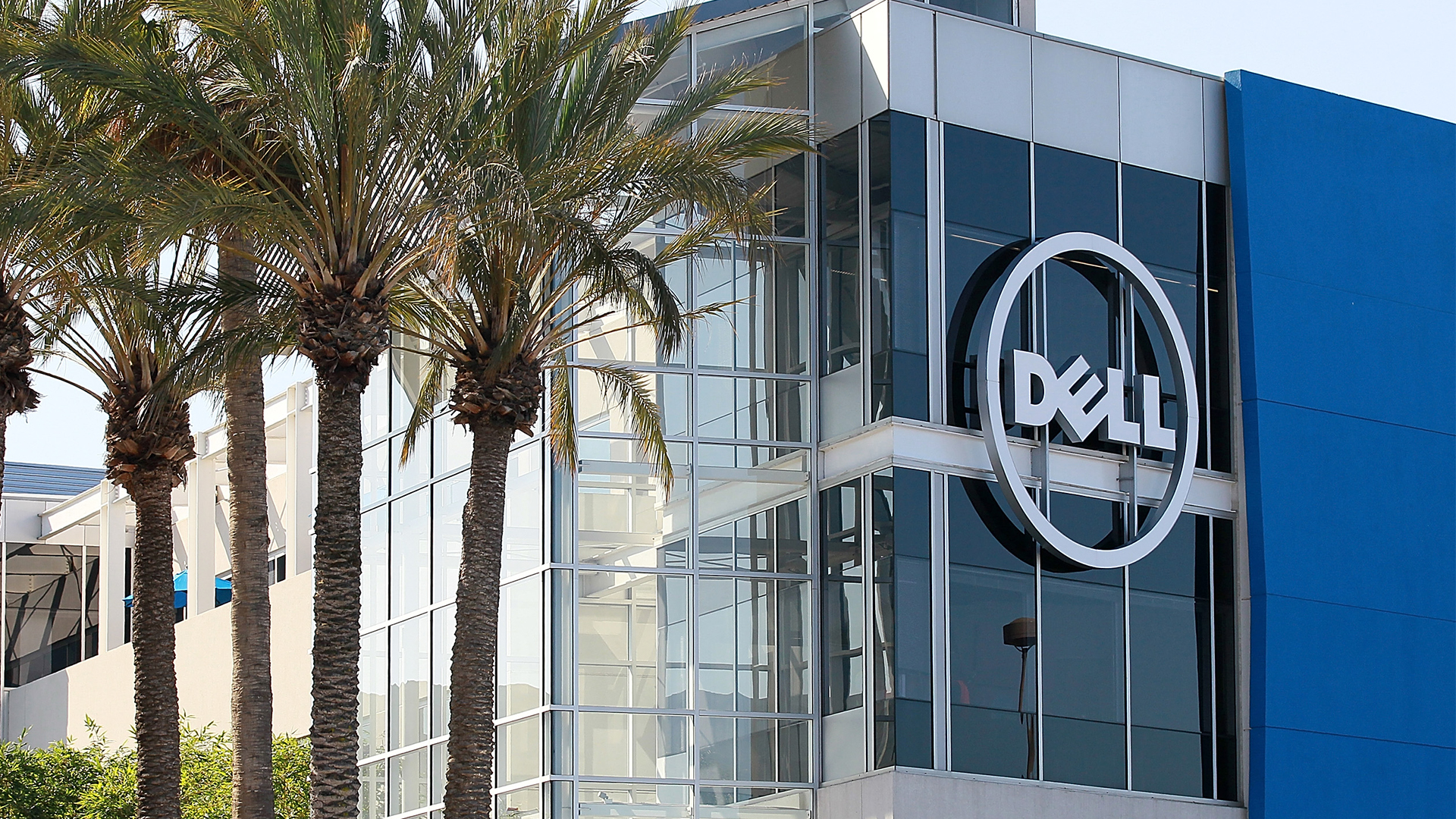Dell shares soar on back of buyout rumours
Sources claim firm could be set to go private, so it can conduct its transition to becoming a service provider in private.


Dell's fortunes have waxed and waned. Since Michael Dell founded the company in 1984 out of his college dorm room with $1,000, the company has grown into a global PC powerhouse that pioneered just-in-time inventory management and online sales of custom-built computers.
But when Dell handed the reins of his company to long-time lieutenant Kevin Rollins in 2004, sales and customer service began to slip. With the board's blessing, Michael Dell returned in January 2007 to turn his company around, only to run into the global recession and a shift by consumers toward powerful, mobile devices like tablets.
At a Sanford Bernstein investors' conference in 2010, Dell said he had considered taking the company private. He told investors at the time that a transformation of his company that he had hoped to effect upon his return was "incomplete."
Those comments triggered a round of speculation, but most analysts said buying out such a large company would be difficult because of the massive financing requirements.
Michael Dell now owns 244 million shares in the company, according to Thomson Reuters data, and last year was ranked the 22nd richest American with a fortune of $14.6 billion.
Dell's stock soared to an intra-day high of $12.83 in afternoon trade - the highest since May 2012 - after a brief trading suspension. It closed at $12.29.
Its traded bonds also came under pressure over fears of a significant hike in leverage. Its 4.625 percent, 2021 bonds were trading 80 basis points wider at 210 basis points over U.S. Treasuries, while its 2.3 percent, 2015s were about 30 basis points wider at 88 basis points over Treasuries.
Get the ITPro daily newsletter
Sign up today and you will receive a free copy of our Future Focus 2025 report - the leading guidance on AI, cybersecurity and other IT challenges as per 700+ senior executives
"It can be difficult to realise the full value of various corporate assets ... during transition periods, and executing on a long-term transformation as a private company could have advantages," argued ISI analyst Brian Marshall.
-
 CyberOne appoints Microsoft’s Tracey Pretorius to its advisory board
CyberOne appoints Microsoft’s Tracey Pretorius to its advisory boardNews The threat intelligence leader will provide strategic guidance to CyberOne’s executive team
By Daniel Todd
-
 CISA issues warning in wake of Oracle cloud credentials leak
CISA issues warning in wake of Oracle cloud credentials leakNews The security agency has published guidance for enterprises at risk
By Ross Kelly
-
 Scale of Dell job cuts laid bare as firm sheds 10% of staff in a year
Scale of Dell job cuts laid bare as firm sheds 10% of staff in a yearNews Dell Technologies’ workforce has reduced significantly in recent years, figures show, with headcount at the tech giant dropping by 10% in 2025 alone.
By Nicole Kobie
-
 Dell Technologies just revamped its Partner Program for 2025 – here's what to expect
Dell Technologies just revamped its Partner Program for 2025 – here's what to expectNews Dell Technologies has unveiled its revamped Partner Program for 2025, offering a range of new incentives for partners.
By Emma Woollacott
-
 'Nothing is faster than the speed of human interaction': Dell orders staff back into the office as the company shakes up hybrid working practices
'Nothing is faster than the speed of human interaction': Dell orders staff back into the office as the company shakes up hybrid working practicesNews Dell Technologies has ordered staff to return to the office five days a week, according to reports, with some exceptions allowed for staff located too far from physical office sites.
By Emma Woollacott
-
 Meta layoffs hit staff at WhatsApp, Instagram, and Reality Labs divisions
Meta layoffs hit staff at WhatsApp, Instagram, and Reality Labs divisionsNews The 'year of efficiency' for Mark Zuckerberg continues as Meta layoffs affect staff in key business units
By Ross Kelly
-
 Business execs just said the quiet part out loud on RTO mandates — A quarter admit forcing staff back into the office was meant to make them quit
Business execs just said the quiet part out loud on RTO mandates — A quarter admit forcing staff back into the office was meant to make them quitNews Companies know staff don't want to go back to the office, and that may be part of their plan with RTO mandates
By Nicole Kobie
-
 Microsoft tells staff it won’t follow Amazon or Dell on enforcing a return to the office – but there’s a catch
Microsoft tells staff it won’t follow Amazon or Dell on enforcing a return to the office – but there’s a catchNews While other big tech companies are forcing reluctant workforces back into the office, Microsoft isn’t following suit
By George Fitzmaurice
-
 Amazon workers aren’t happy with the company’s controversial RTO scheme – and they’re making their voices heard
Amazon workers aren’t happy with the company’s controversial RTO scheme – and they’re making their voices heardNews An internal staff survey at Amazon shows many workers are unhappy about the prospect of a full return to the office
By Ross Kelly
-
 Predicts 2024: Sustainability reshapes IT sourcing and procurement
Predicts 2024: Sustainability reshapes IT sourcing and procurementwhitepaper Take the following actions to realize environmental sustainability
By ITPro